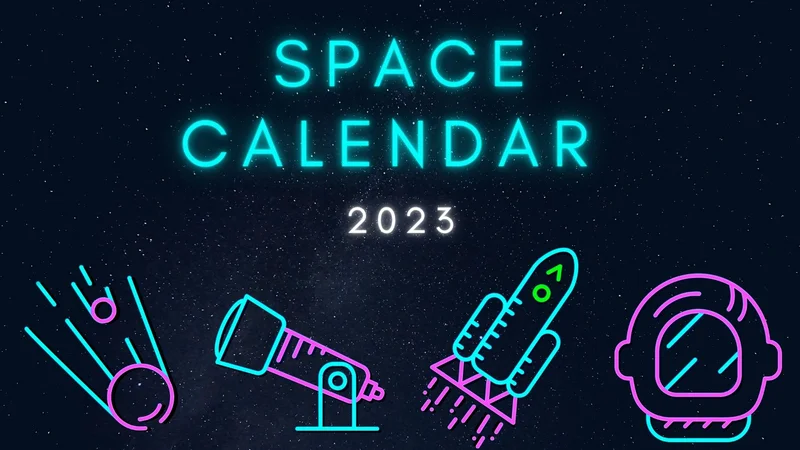Cape Canaveral Rocket Launches: What Happened and Why it Matters
The Pace of Progress: Are We Ready?
Okay, friends, let's talk about speed. Not just the kind you get from a faster processor or a sportscar, but the kind that bends time itself. I'm talking about the relentless acceleration of space travel and its implications for everything. This week, we saw a stunning display of just how quickly things are moving, literally and figuratively.
SpaceX pulled off a near-impossible feat: two Falcon 9 launches from Florida's Space Coast separated by a mere three hours and 35 minutes. Starlink missions 6-85 and 6-89, each carrying 29 Starlink V2 Mini satellites, blasted off from Cape Canaveral Space Force Station and NASA’s Kennedy Space Center, respectively. The Starlink 6-85 mission launched with the Falcon 9 booster with the tail number B1078, which flew for a 24th time. It's like they're running a space-delivery service on an hourly schedule! But here's the kicker: while SpaceX was pushing the boundaries of launch frequency, United Launch Alliance (ULA) finally got its Atlas V rocket off the ground after weather delays and technical glitches, sending the ViaSat-3 F2 mission into orbit. Even Blue Origin got in on the action. A flurry of launches, one right after the other.
This isn't just about getting more satellites into orbit, though that’s impressive enough; SpaceX now has nearly 9,000 of its satellites in low Earth orbit. This is about a fundamental shift in our ability to access space, to utilize its potential, and to integrate it into our daily lives. Think about the implications! Faster internet speeds globally, real-time Earth observation for climate monitoring, and, yes, even the possibility of space tourism becoming a routine affair.

Now, some might say, "So what? It's just a bunch of rockets." But I see something far more profound. I see the democratization of space. Remember when air travel was a luxury only the elite could afford? Now, budget airlines crisscross the globe, connecting people and cultures like never before. Space travel is on a similar trajectory, and this rapid launch cadence is a key indicator.
But with great power comes great responsibility. As we fill the skies with satellites, we must consider the potential for space debris, the impact on astronomical observations, and the ethical implications of a space-based economy. Are we prepared for the geopolitical ramifications of a world where access to space is no longer the exclusive domain of a few powerful nations? Are we thinking critically about the environmental consequences of increased rocket launches? These are questions we need to be asking now, before we find ourselves in a cosmic traffic jam with no rules of the road.
And here’s where it gets really exciting. This accelerated launch tempo isn’t happening in a vacuum. It’s coinciding with breakthroughs in AI, materials science, and renewable energy. Imagine a future where we can 3D-print habitats on Mars using locally sourced materials, power them with solar energy, and manage them with AI-driven systems. It sounds like science fiction, I know, but these pieces are rapidly falling into place. When I first started in this field, the idea of colonizing Mars felt like a pipe dream. Now, it feels like an inevitability, and the speed at which we're approaching that reality is just breathtaking.
The Sky is NOT the Limit Anymore!
This isn't just about rockets and satellites; it's about a fundamental shift in human potential. It’s about expanding our horizons, pushing the boundaries of what’s possible, and embracing a future where the impossible becomes commonplace. I believe we are on the cusp of a new era of space exploration, one that will transform our understanding of the universe and our place within it. The question is, are we ready to rise to the challenge? Because I, for one, am absolutely thrilled to find out.
Tags: rocket launches cape canaveral
Bitcoin's Price Surge: What's Behind the Boom and What's Next?
Next PostSatoshi: The Enduring Mystery and What We Know
Related Articles
